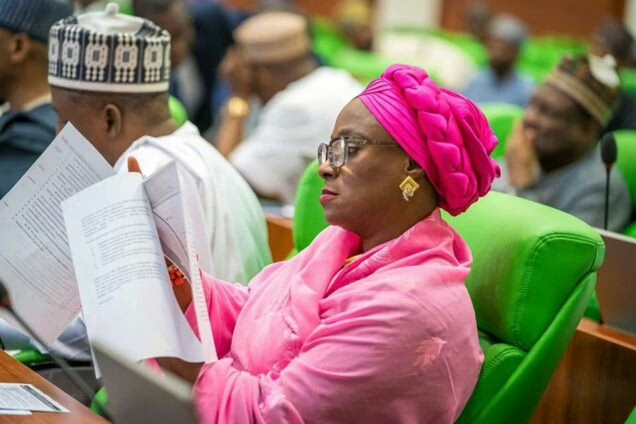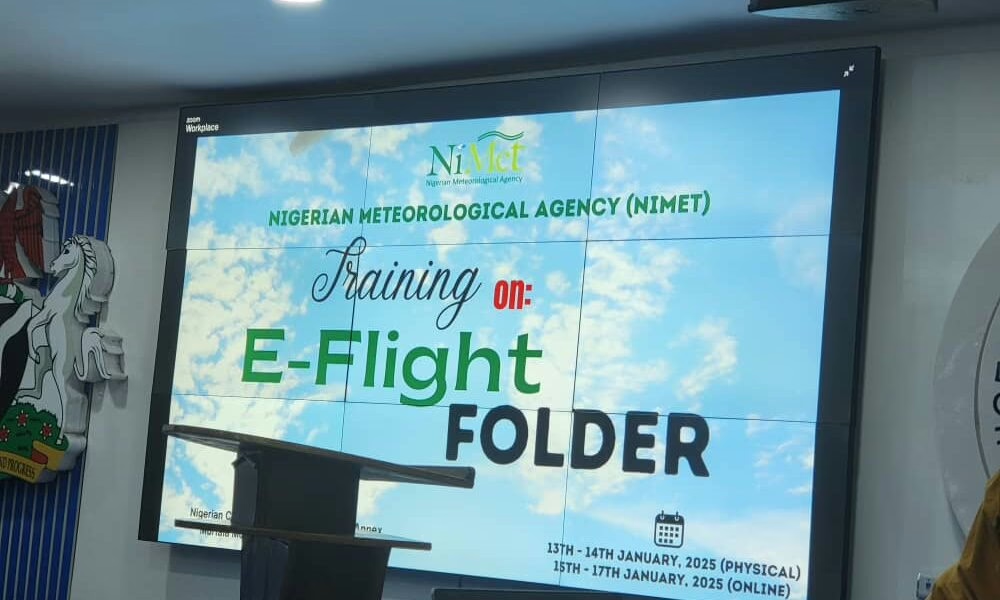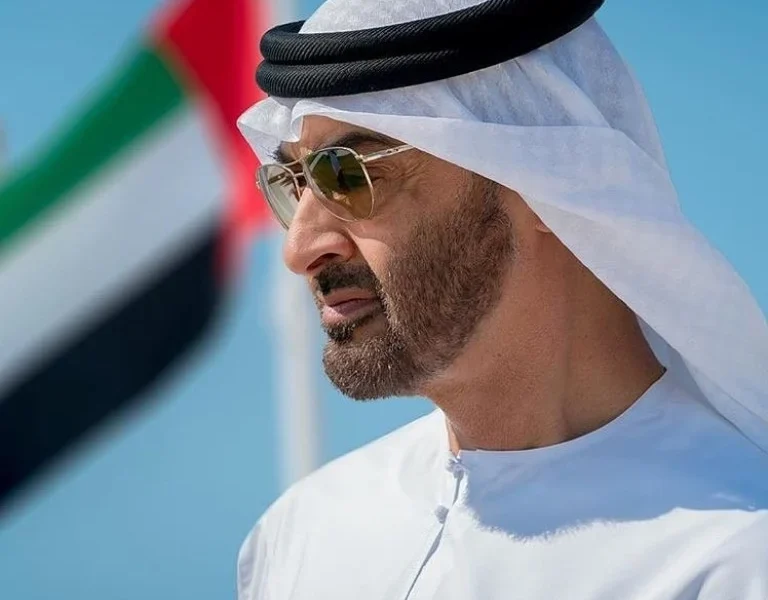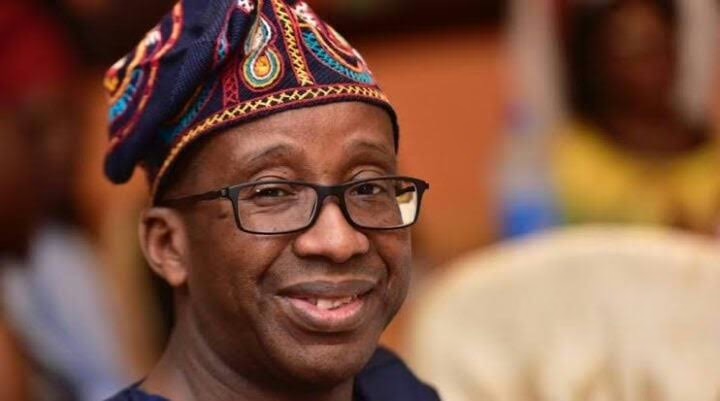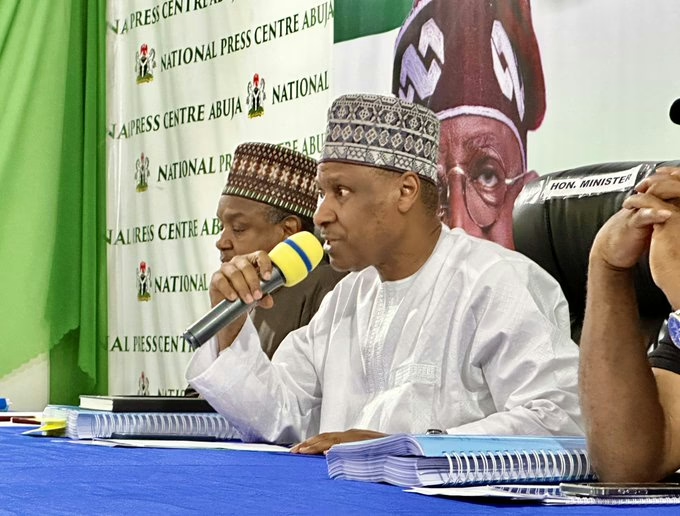The President of the African Development Bank, Akinwumi Adesina, has said that the global shift towards electric vehicles places Africa in a good place to attract billions of dollars in private investment.
Adesina said this at the ongoing 2023 Annual Meetings of the African Development Bank Group held in Sharm El Sheikh, Egypt.
He said, “As the world moves to transition to electric vehicles, Africa stands to be able to attract billions of dollars in private investment for greening global transport systems. That’s because Africa has 80 per cent of the global deposits for platinum, 50 per cent of cobalt, 40 per cent of nickel, and substantial deposits of lithium.
“Africa must set up itself to manufacture lithium-ion batteries to tap into the future market of electric vehicles that some projections that are estimated to run into several trillions of dollars in the future. The cost of establishing a lithium-ion precursor factory in Africa is three times less expensive than in the US or China.”
He added that while the future is full of challenges on climate change, there are but massive opportunities for green growth of African economies.
According to him, to mobilise a lot more private financing for climate change and green growth, governments and development partners should take five approaches which include, the establishment of national development plans for green transition for African economies, subsidisation of green industries, and provision of guarantees at scale by multilateral and bilateral institutions to help de-risk investments by the private sector.
Citing statistics from the African Development Bank and the United Nations, Adesina noted that Africa required $144bn annually to address the repercussions of the COVID-19 pandemic, $108bn to finance adaptation projects and upgrade infrastructure, and $200 billion to achieve Sustainable Development Goals.
This year’s Annual Meetings, under the theme “Mobilizing Private Sector Financing for Climate and Green Growth in Africa,” included AfDB’s Board of Governors representing its 81 shareholder countries, development partners, as well as representatives from the private sector and civil society organisations.


